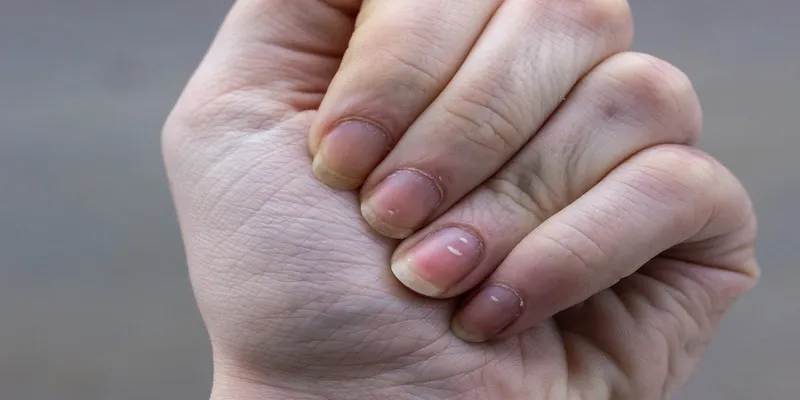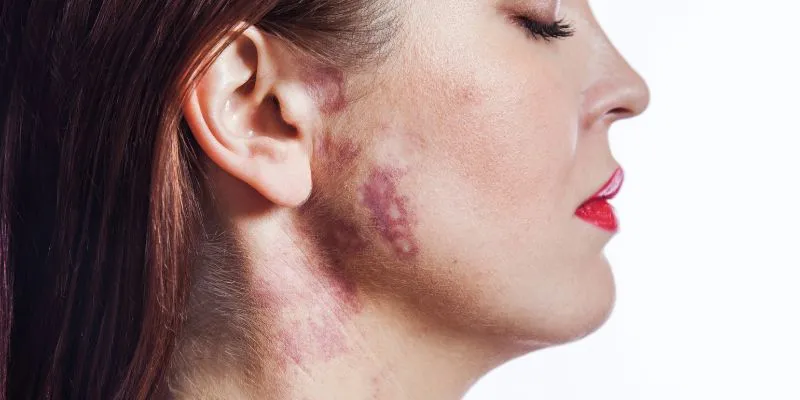What is Chronic Insomnia?
Chronic Insomnia is a sleep disorder characterized by difficulty falling or staying asleep. Individuals with insomnia may find themselves staying up late or waking up too early, unable to return to sleep.
Typically, adults need 7-9 hours of quality sleep for optimal mental and physical functioning, depending on their age. However, insomnia can significantly disrupt a person’s life. Therefore, understanding chronic insomnia is crucial for timely diagnosis and treatment. This comprehensive guide covers the definition, symptoms, causes, diagnosis, and treatment of chronic insomnia. Keep reading to learn more.

What is Chronic Insomnia?
According to the DSM-5, chronic insomnia is defined by:
- Trouble falling asleep
- Difficulty staying asleep
- Waking up too early and being unable to fall back asleep
The Centers for Disease Control and Prevention recommend at least seven hours of sleep each night, yet about one in three American adults miss this mark, leading to chronic insomnia. Symptoms may include feeling tired, anxious, and sleepy during the day, along with difficulties in attention, memory, and focus. Poor sleep can impact daily functioning, and there is a two-way relationship between chronic insomnia and mental health.
What Causes Chronic Insomnia?
Research identifies several causes of chronic insomnia:

- Family History and Genetics: Certain genetic mutations, like changes in the PRNP gene, can lead to insomnia. Genetics and family history can significantly influence sleep patterns.
- Age: Older adults are more prone to developing disruptive sleep patterns.
- Stress: Stress and worry can exacerbate insomnia, and anxiety about inadequate sleep further worsens the condition.
- Depression: Sleep disorders and depression often go hand-in-hand. Approximately 90% of individuals with depression experience sleep issues such as insomnia, restless leg syndrome, hypersomnia, and sleep apnea.
- Environmental Triggers: Factors like jet lag, night shifts, uncomfortable lighting, temperature, and noise can disrupt the sleep-wake cycle, leading to insomnia.
- Lifestyle Factors: Irregular sleep schedules, excessive daytime napping, sedentary lifestyles, and using electronic devices before bedtime contribute to chronic insomnia.
Risk Factors of Chronic Insomnia
Chronic insomnia can impair mood, energy, memory, judgment, decision-making, and daytime performance. It can increase the risk of various mental and physical health issues, such as:
- Chronic headaches
- High blood pressure
- Obesity
- Anxiety and depression
- Diabetes
- Heart problems
- Weakened immune systems
Diagnosis of Chronic Insomnia
Individuals with persistent sleep problems should seek medical advice from professionals. A thorough diagnosis can significantly improve sleep quality and overall well-being. The American Psychiatric Association classifies insomnia as a sleep-wake disorder in the DSM-5. Essential diagnostic criteria include:
- Poor quality and inadequate sleep due to difficulty falling asleep
- Significant stress impacting daily functioning
- Inability to return to sleep after waking up too early
- Sleep disturbances occurring at least three nights per week for three months
- Poor sleep despite having ample time for rest
Doctors may ask questions regarding medication use, sleep quality and duration, bedtime and wake-up times, stress levels, and snoring or breathing patterns to diagnose insomnia.
Types of Chronic Insomnia
Primary insomnia persists for at least a month and is linked to external stressors. Common causes include:
- Extreme stress
- Changes in work or travel
- Migration
- Poor sleeping habits, such as going to bed or waking up at irregular times
Secondary insomnia occurs when another condition disrupts sleep. These conditions may include:
- Sleep apnea
- Heartburn
- Asthma
- Mental health issues
- Restless leg syndrome
- Physical pain
Given the various factors involved in diagnosing insomnia, open and honest communication with your doctor is crucial for an accurate diagnosis and effective treatment.
Treatment of Chronic Insomnia
Effective treatments for chronic insomnia include:
- Prescription sleeping pills
- Cognitive Behavioral Therapy (CBT)
- Medications
Cognitive Behavioral Therapy is particularly effective, helping patients modify thoughts and behaviors to improve sleep. Additional therapies include:

- Therapy sessions
- Sleep education
- Mindfulness and relaxation techniques
- Stimulus control therapy
- Light therapy
- Sleep restriction therapy
Bottom Line
If you’ve struggled with sleep for at least three nights per week over the past three months, or if you notice any symptoms, it’s time to seek help. As chronic insomnia becomes increasingly prevalent, understanding its nature is vital for timely diagnosis and treatment.











